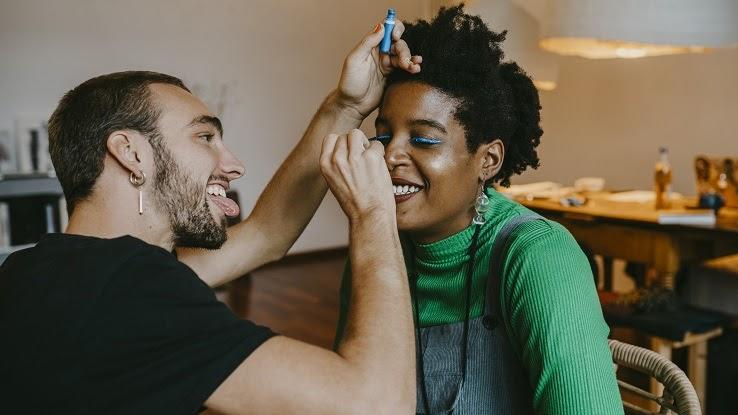
Deciding on a brand of makeup is no longer as simple as figuring out what color looks best on your skin or which applicator you favor. As you may have experienced yourself, it’s a much more calculated decision. Long-lasting, brightly colored pigments aren’t the only characteristics catching the eyes of would-be buyers.
Today, it’s all about natural, organic, cruelty-free and clean makeup — and that includes the packaging. That’s a lot of potentially new terminology, right? Well, whether you’re looking to gain a deeper understanding of the makeup landscape or hoping to switch to something more clean and ethical, we’ve got you covered.
What Is Clean Makeup?
Words like “clean,” “natural,” and “organic” are often used in marketing materials for beauty and wellness products. In recent years, the clean beauty industry has become increasingly popular, and “clean” is much more than a trendy buzzword.
Yes, when it comes to cosmetics, clean is technically a marketing term — one that isn’t regulated by the Food & Drug Administration (FDA). Still, that’s par for the course when it comes to cosmetics, a largely unregulated industry. The FDA does not monitor cosmetic products for efficacy or ingredients. Instead, the FDA punishes cosmetic companies that mislabel products, mislead customers, and/or use ingredients that are known to be harmful. While some detractors would argue that many cosmetic companies do, in fact, use harmful chemicals, the FDA is primarily concerned with known toxins, such as lead and arsenic.
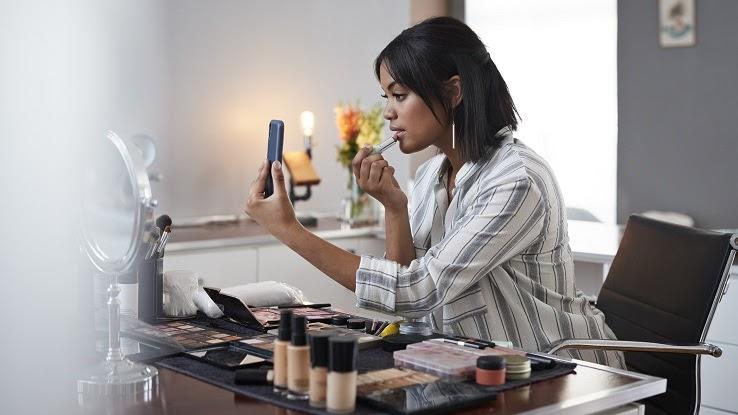
In practice, the meaning of “clean cosmetics” depends on the intent of the company using the phrase. However, most consumers and marketers agree on a working definition; clean products do not contain ingredients that customers and experts would deem harmful. For example, many modern-day consumers are concerned about the harmful effects of phthalates, parabens, and formaldehyde, so, even though these ingredients may have been acceptable in the past, most clean beauty products do not contain them.
However, some clean cosmetics boast their all-natural ingredients and still contain chemicals. The caveat? These products don’t contain anything known to be harmful to humans. All of that to say, the clean vs. dirty designation is somewhat subjective when it comes to chemical ingredients.
What Is Cruelty-Free Makeup?
This one’s a little more cut-and-dry; cruelty-free makeup is not tested on animals, something that’s become a bigger concern for consumers in recent years. When products are tested on animals, the subjects’ skin or eyes are exposed to the cosmetic product in question so that experts can see if anything irritates them.
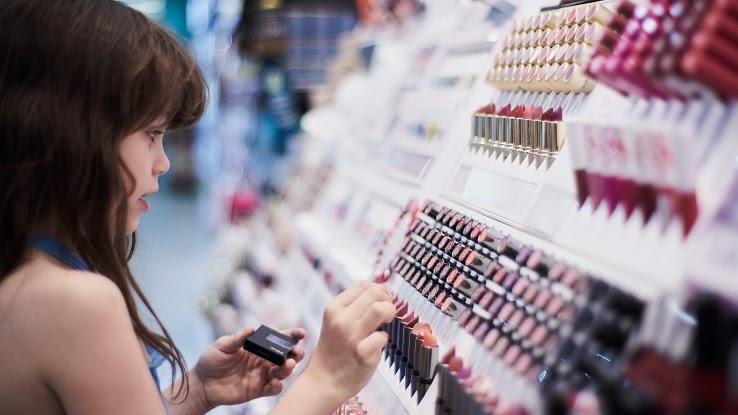
The animals subjected to these tests are shaved so that the product can be applied to their bare skin; eye irritant testing can involve applying the product directly to the animal’s pupils. Not only can this result in immense pain, but animal test subjects can suffer premature death Frequently, they’re killed after the trials are over. Since rabbits are often the ones subjected to makeup testing, you’ll notice that cruelty-free labels — there are two different logos certified by three different organizations — feature rabbits.
- People for the Ethical Treatment of Animals (PETA) has a label to designate which products meet the standards of the Beauty Without Bunnies program.
- Cruelty-Free International uses a Leaping Bunny label to designate which products meet their testing requirements.
- In America and Canada, the Leaping Bunny designation can also be awarded by the Coalition for Consumer Information on Cosmetics.
However, not all cruelty-free makeup is vegan. Cosmetics are only labeled “vegan” if they do not contain any animal-derived ingredients, such as animal fats. So, that being said, vegan cosmetics could theoretically be tested on animals and cruelty-free products could contain animal-derived ingredients.
What Is Conscious Makeup?
Today, natural, clean, cruelty-free, and vegan products aren’t enough for many cosmetic consumers. Historically, the international cosmetics industry has been regulated rather loosely, leading to allegations of abuse of both humans and animals. For example, some of the ingredients in makeups are collected by people working in unsafe conditions for insufficient wages.
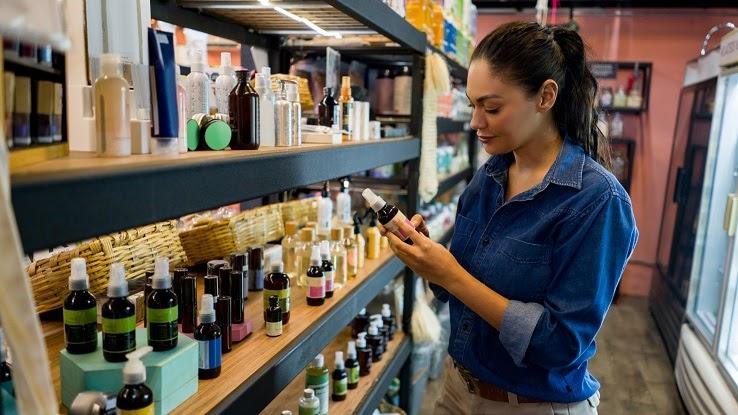
Moreover, as an international, multi-billion-dollar industry, cosmetics — and all the production and packaging — plays a role in global warming and the ongoing climate crisis. Not to mention, many products contain toxins and so-called “forever chemicals,” both of which can have a negative impact on your health.
In response to these multifaceted issues, there’s been an effort to create conscious and sustainable cosmetics. Customers want products that have responsibly sourced ingredients. They want companies to treat their employees with respect and put their health and safety above profits. And they want the cosmetics industry to consider its impact on the environment when it comes to production, packaging and distribution. Conscious companies can take their efforts a step further by providing financial support to initiatives that improve workers’ conditions or help the environment, even if said brand is already ensuring their processes are sustainable.
Best Brands for Clean and Ethical Makeup
Without a doubt, bareMinerals is a frontrunner in clean beauty. The brand excludes 10 of the dirtiest makeup add-ins, like coal tar and triclosan, from its ingredients list. A cruelty-free and conscious brand, bareMinerals even rewards customers for returning empty product containers to their stores for recycling.
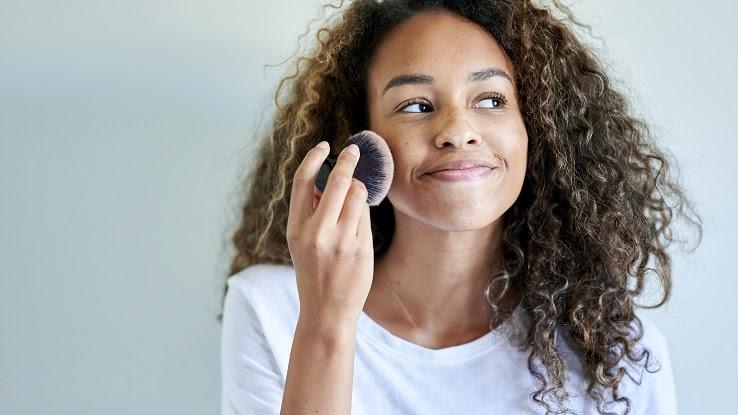
Looking for some alternative options to bareMinerals? Undone Beauty, a conscious makeup brand, is a clean, cruelty-free and vegan brand. And it prides itself on affordability, too. One of our favorite aspects of Undone Beauty is the way the company recognizes the role the beauty industry plays in augmenting peoples’ body image concerns, dysphoria, and other related conditions. To help combat this ever-present problem, Undone supports Project HEAL by donating a percentage of its sales to the organization on an annual basis. In fact, all profits made from the sale of one of Undone’s most popular products goes toward Project HEAL.
Finally, TK’s Cosmetics is a well-known vegan brand. The products are also natural, clean, cruelty-free, and hypoallergenic. The mineral-based makeup products are considered luxury, so you might spend a bit more. Still, the quality is undeniable. With more options than ever before, you’re sure to find a makeup brand that checks all of your boxes. After all, clean and ethical makeup can make you feel great both inside and out.
Resource Links:
- “FDA Authority Over Cosmetics: How Cosmetics Are Not FDA-Approved, but Are FDA-Regulated” via U.S. Food & Drug Administration (FDA)
- “What Does ‘Clean Beauty’ Mean in 2021?” via The Good Face Project
- “What Cosmetics Tests Are Performed on Animals?” via Humane Society
- “Leaping Bunny Program” via Cruelty Free International
- Leaping Bunny Program
- “Why You Should Care About Vegan Beauty” via The New York Times
- “Sparkly and Shiny, But Is Your Natural Makeup Free of Forced Labor?” via Reuters
- “Climate Change and Cosmetics: It’s Going to Get Ugly” via Harvard Business School
- “Fluorinated Compounds in North American Cosmetics” via Environmental Science & Technology Letters
- “Conscious Beauty” via Ulta
- bareMinerals
- Undone Beauty
- Project HEAL
- TK’s Cosmetics





